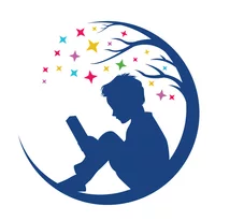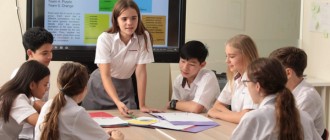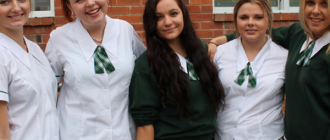The Brain Works and Coping Skills Classroom Project was established in 2002 beginning in California with demonstrations in 4th and 5th grade classrooms. Since the mid 1990″s Emotional Health Educator Ronald Brill, the project founder and director, has collected research on what keeps adolescents from being able to cope with and get over their anger and sadness. His major book on the subject, Emotional Honesty & Self-Acceptance (published in 2000) describes preventive education strategies designed to strengthen emotional resilience and self-acceptance. Emotional resilience and self-acceptance are two critical pillars of Emotional Health. These pillars, upon which Coping Skills for Kids and the Brain Works classroom project are based, emerged from his initial study of the preventable causes of teenage self-harmful and violent behavior.
As of early 2008, more than 700 pre-teens in grades 4, 5 and 6 have participated in the Brain Works & Coping Skills demonstration projects in over 40 classrooms both in California and Arizona. The simple goal is to help pre-teens prepare for the emotional changes and coping challenges of adolescence. Written student self-reports rating their coping capability and self-acceptance are tabulated for each class with comparisons between boys and girls. (Yes, there are gender differences in brain functions and coping styles.) Since honest responses are critical, this research uses anonymous student evaluation reports of Emotional Resilience and Self-Acceptance before and after the project. On average, each classroom demonstration project required just three, 45-minute to one-hour classroom sessions. This website and the Brain Works & Coping Kids Newsletter now make these classroom concepts, activities and information available to schools and homes throughout the world. Use this website to explore Coping Skills & Brain Works project “Resources & Activities” available FREE to pre-teen students, their parents, educators.
Project Director: Ronald Brill
Based on his experience developing innovative health education programs, Ronald Brill began focusing on preventive “emotional health education” following the tragic string of school shootings during the mid 1990 s. He tried to make sense of the senseless and indiscriminate urge that led troubled teens to kill innocent school classmates and adults — as well as themselves. He sought to explain why these teenagers returned to their school to “avenge their own unhealed pain.” Following four years of research, culminating in an analysis of the Columbine High School and Springfield, Oregon massacres, his seminal book on using “education strategies for preventing violence” was published in 2000. This book was the first attempt to describe the wide-spread emotional coping failures of today s youth.

But what should schools do about it? He next turned to developing a classroom project that could demonstrate a way of teaching pre-teens healthy and effective coping skills principles in less than three hours. This was accomplished and documented by using pre-teen students self-ratings of their own coping capability before and after the classroom project. These self-assessments yielded critical evidence that shows both the need and value of introducing coping skills and brain works education before teenage years. This “missing link” in preventive youth emotional health education is now available 24/7 on this website. The more than 700 students participating in these introductory classroom sessions validated the project s powerful premise: We can use this type of education at home and school to give kids alternatives to becoming self-harmful and/or being driven to harm others. Having been a university administrator and taught undergraduate and graduate students, Ronald Brill now devotes his energies to helping pre-teens become more self-accepting and resilient. The key is kids learning how their brain functions, understanding emotional challenges and how to use effective coping skills and tools.
Advisory Board
The Advisory Board for this project is comprised of professionals in the fields of health, education and youth counseling. These Board members bring decades and lifetimes of experience and knowledge to the task of increasing youth understanding of brain and behavior issues using coping skills and brain function education. These individuals are among many who have helped to promote greater emphasis upon preventive emotional health education at home and school.
List of project Advisory Board members







